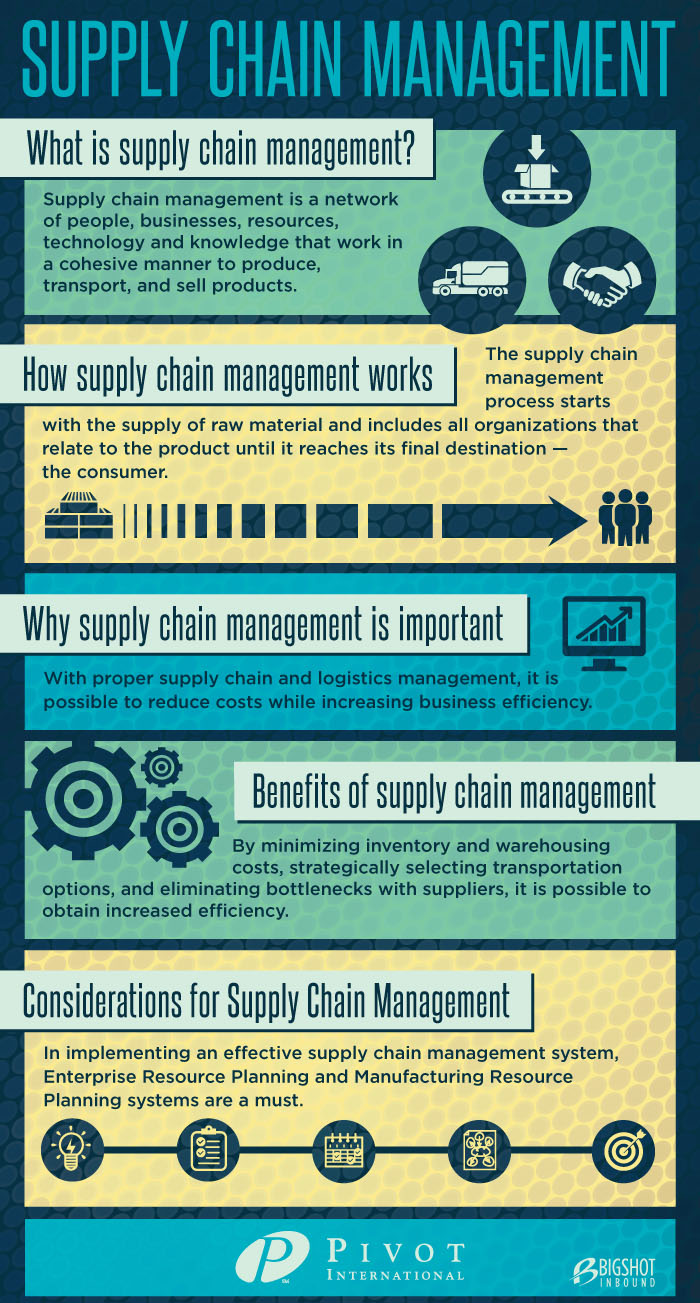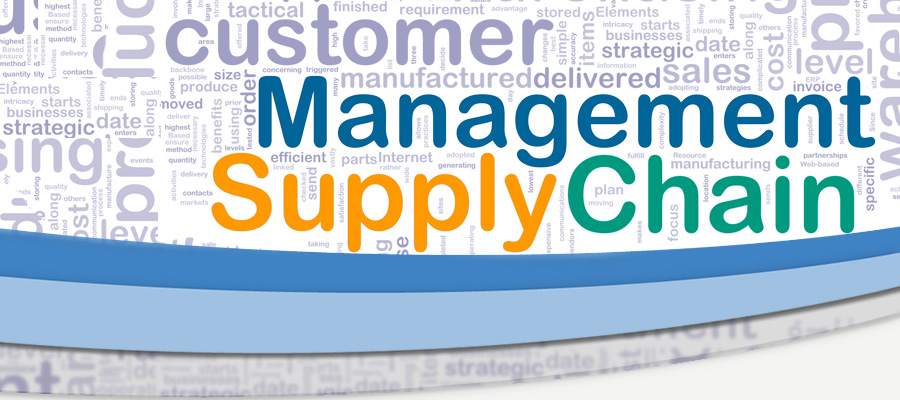
- FDA tells hospitals to ditch IV pumps that can be hacked remotely
This is the world of the “Internet of Things” (IoT)The Food and Drug Administration “strongly encourages” hospitals to stop using Hospira’s Symbiq Infusion System, because it’s vulnerable to cyberattacks that would allow a third party to remotely control dosages delivered via the computerized pumps. Unauthorized users are able to access the Symbiq system through connected hospital networks, according to the FDA and the Department of Homeland Security’s Industrial Control Systems Cyber Emergency Response Team. ICS-CERT reported the vulnerability on July 21st and the FDA released its own safety alert on Friday, July 31st.
http://www.engadget.com/2015/07/31/fda-security-warning-hackers
- Formality The Key To Supplier-Enabled Innovation
So, in my mind, two things must happen for CPOs to begin their journey into SEI. First, they must convince themselves of the scale of the opportunity that exists. And, second, they must convince the rest of the senior team the same. It sounds simple, but a formal programme can only be put in place with the backing of key stakeholders, a significant financial investment and patience. Get it right, however, and the returns will be career defining.
- 7 Habits to Work Proactively, Not Reactively
(Hmmm… who am I sending this message out to *cough**spoons*cough*)
Try not to overthink. Just DO.
If you over-think, a 5-minute email could take 30. A few additional Powerpoint slides could take half a day. We tend to overthink when we feel insecure. So shift into a vibe that allows your inherent awesome instinct and abundant intelligence to do its natural work and just get it done. As the saying goes, “Done is better than perfect.”http://www.entrepreneur.com/article/248866?ctp=BizDev&src=Syndication&msc=Feedly
- The Unlikely Source of Your Next Big Breakthrough
Get to know your own backyard. We all have an extensive network of supply-chain support — from our Internet providers to our credit cards, banks, and other financial-service systems to the couriers who send and deliver our packages. Most of us have only a cursory understanding of what these people can actually do for us. We may know the main benefits of these programs, but we remain in the dark when it comes to knowing how they can enhance our innovations. Build relationships with your support teams. Make calls and sight visits to these places. Educate yourself about the capabilities of your supply chain. What you learn will likely surprise you.
Go to show-and-tell events. There are tons of innovation sources in supply-chain sectors of all kinds, but you won’t know about them if you’re not exposed to them. Attend information fairs and showcases hosted by universities, governmental organizations, and trade associations. Meet new people, ask tons of questions that speak to your particular needs. Talk to the people you travel with and listen to the solutions they’ve conjured up for their situations. You may be able to reapply them to your organization. Remember that these forms of communication are not limited to your competitors or the individuals in your industry but open to people in all areas closely and remotely related to your own.
http://www.huffingtonpost.com/jeff-degraff/the-unlikely-source-of-yo_b_7880176.html
- Google will now tell you when a restaurant is too busy
This is amazingA new feature in Google will show users when local restaurants are booked up and stores have the most foot traffic. The Google Search tweak is rolling out today on mobile for some users, and shows graphs—presumably based on geolocation from smartphones—indicating when a given venue is busiest during the day.
http://www.fastcompany.com/3049165/fast-feed/google-will-now-tell-you-when-a-restaurant-is-too-busy
- Three things that make CEOs stupid
Power, of course, is the first problem. When things are going fairly well, the CEO has a ton of power, and often, that power makes things appear to work, even when they’re not the right thing to do for the long-term. As a result, there’s no market that is correcting the bad decisions, at least not right now.
http://sethgodin.typepad.com/seths_blog/2015/07/three-things-that-make-ceos-stupid.html
- The Walking Dead’s Robert Kirkman on career pivoting…
http://www.fastcocreate.com/3049162/creation-stories/robert-kirkman-creation-stories?partner=rss&utm_source=feedly&utm_medium=webfeeds




